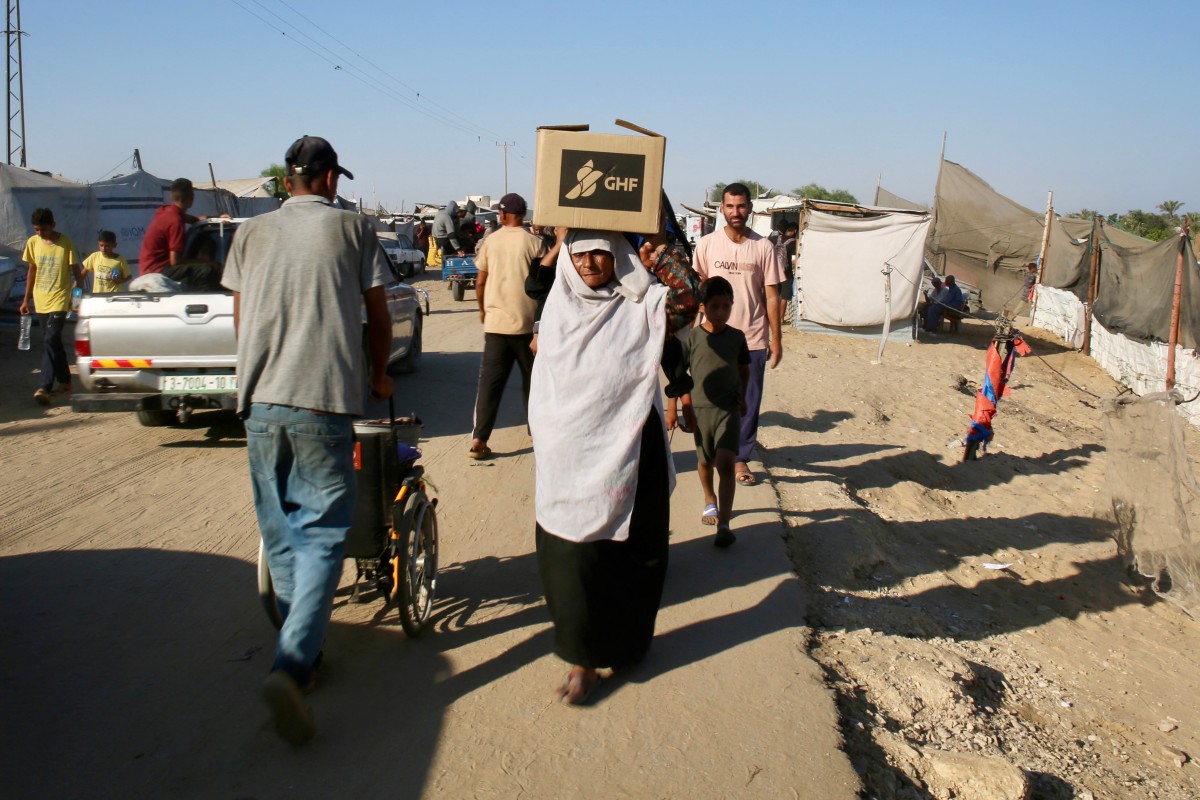
GAZA/CAIRO/JERUSALEM/RAMALLAH/PARIS/BERLIN - A senior Hamas official said Friday that they had been informed by the mediators that the Israeli delegation would return next week to continue negotiations over the Gaza ceasefire.
According to Bassem Naim, a member of the Hamas political bureau, the mediators told the Hamas negotiating team that the Israeli delegation had returned to Israel for further consultations, with plans to resume talks early next week.
Naim said in a press statement that the mediators conveyed a "positive" assessment of Hamas's recent response to the newly proposed ceasefire framework.
"The mediators viewed our response as constructive and closely aligned with the terms they had previously discussed with both Hamas and the Israeli side," Naim said.
Naim said Hamas, in coordination with other Palestinian factions, had shown "high levels of flexibility and responsibility" in the negotiations in an effort to halt the ongoing "massacre" and humanitarian crisis in Gaza.
"The ball is now in Israel's court," he added, urging Israel to put an end to what he called "a destructive political game" aimed at serving the interests of Israeli Prime Minister Benjamin Netanyahu.
ALSO READ: Israel says 'full victory' needed in Gaza as ceasefire talks continue
On Thursday, Israel brought back its negotiating teams from Doha for further consultations after receiving Hamas's formal response to the ceasefire proposal. Hamas earlier said it had submitted its reply, along with that of other Palestinian factions, to the mediators, without providing details about the content of the response.
Meanwhile, a high-ranking Egyptian security official told Xinhua that Gaza ceasefire negotiations are expected to resume next week after Israel reviews Hamas' latest response to a truce proposal.
The source, speaking on condition of anonymity, said that during the latest round of talks in Doha brokered by Egypt, Qatar and the United States, Hamas raised the "ceiling" of its demands, prompting mediators to request revisions to ensure Israel's approval.
Key sticking points reportedly include Hamas' request for the release of specific Palestinian figures and details regarding the map of an Israeli military withdrawal from Gaza.
Hamas also asked for the opening of the Rafah crossing that links Egypt with Gaza to allow the delivery of aid, a note that is still under Israeli study, added the source.
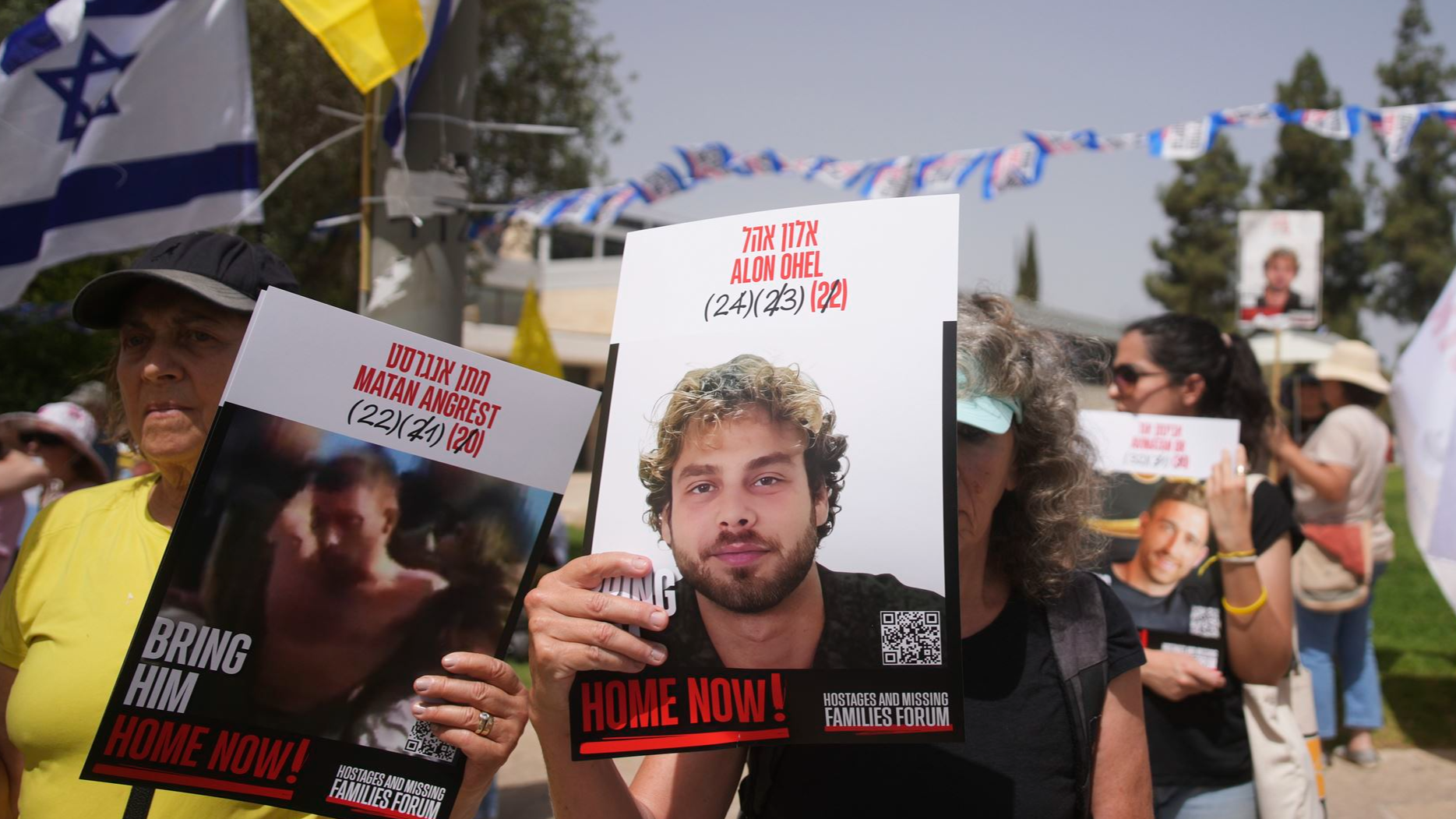
'Alternative options' to release hostages
Also on Friday, Netanyahu said in a statement that Israel is considering new ways to release the Israeli hostages held in Gaza.
"Together with our US allies, we are now considering alternative options to bring our hostages home, end Hamas's reign of terror, and secure lasting peace for Israel and our region," Netanyahu said.
In the statement, Netanyahu added that Special US Envoy to the Middle East Steve Witkoff "got it right. Hamas is the obstacle to a hostage release deal."
Witkoff wrote on Thursday on the social media platform X that Hamas' latest response "clearly shows a lack of willingness to reach a ceasefire in Gaza". He noted that the United States will explore "alternative options" for achieving a ceasefire.
ALSO READ: Israel slammed for Gaza displacement order and killings at food delivery points
In response, Hamas expressed its "astonishment" over the envoy's comments, reaffirming that its engagement in the diplomatic process was aimed at reaching a ceasefire agreement.
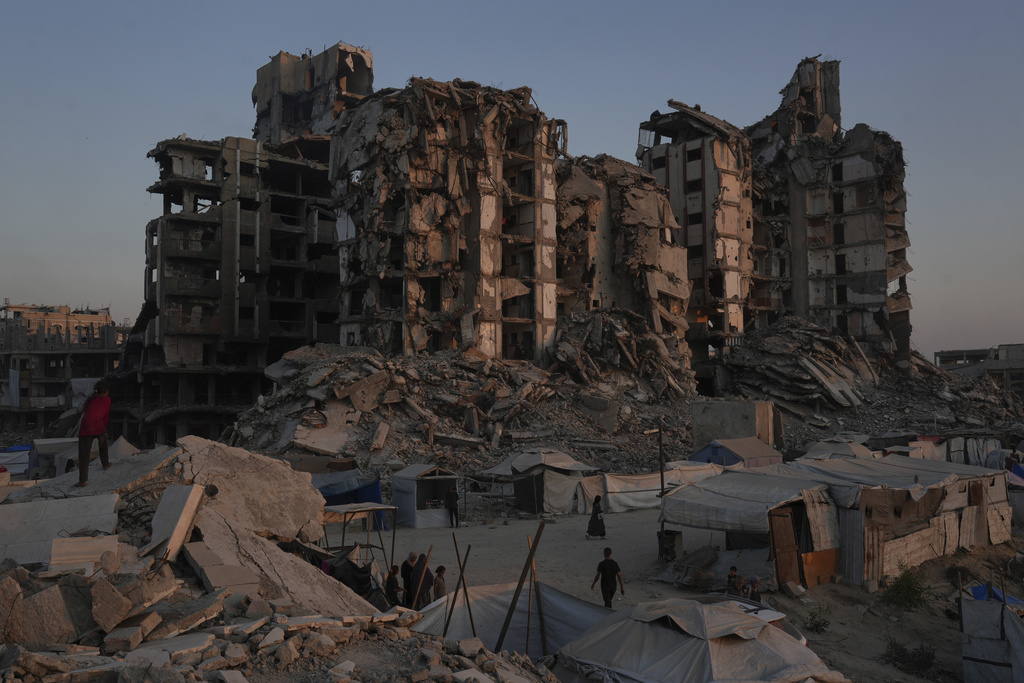
Hamas counter-intelligence commander killed
In another development, the Israel Defense Forces (IDF) said on Friday that it had killed a Hamas counter-intelligence commander in a strike in the northern Gaza Strip.
Amjad Muhammad Hassan Shaer, head of the counter-intelligence directorate in Hamas' General Security Apparatus, was killed on Wednesday, the IDF said in a statement.
According to the Israeli army, the directorate is responsible for thwarting espionage and securing senior Hamas officials.
The statement added that over the past day, in cooperation with ground forces, the Israeli Air Force struck dozens of military targets in the Gaza Strip.
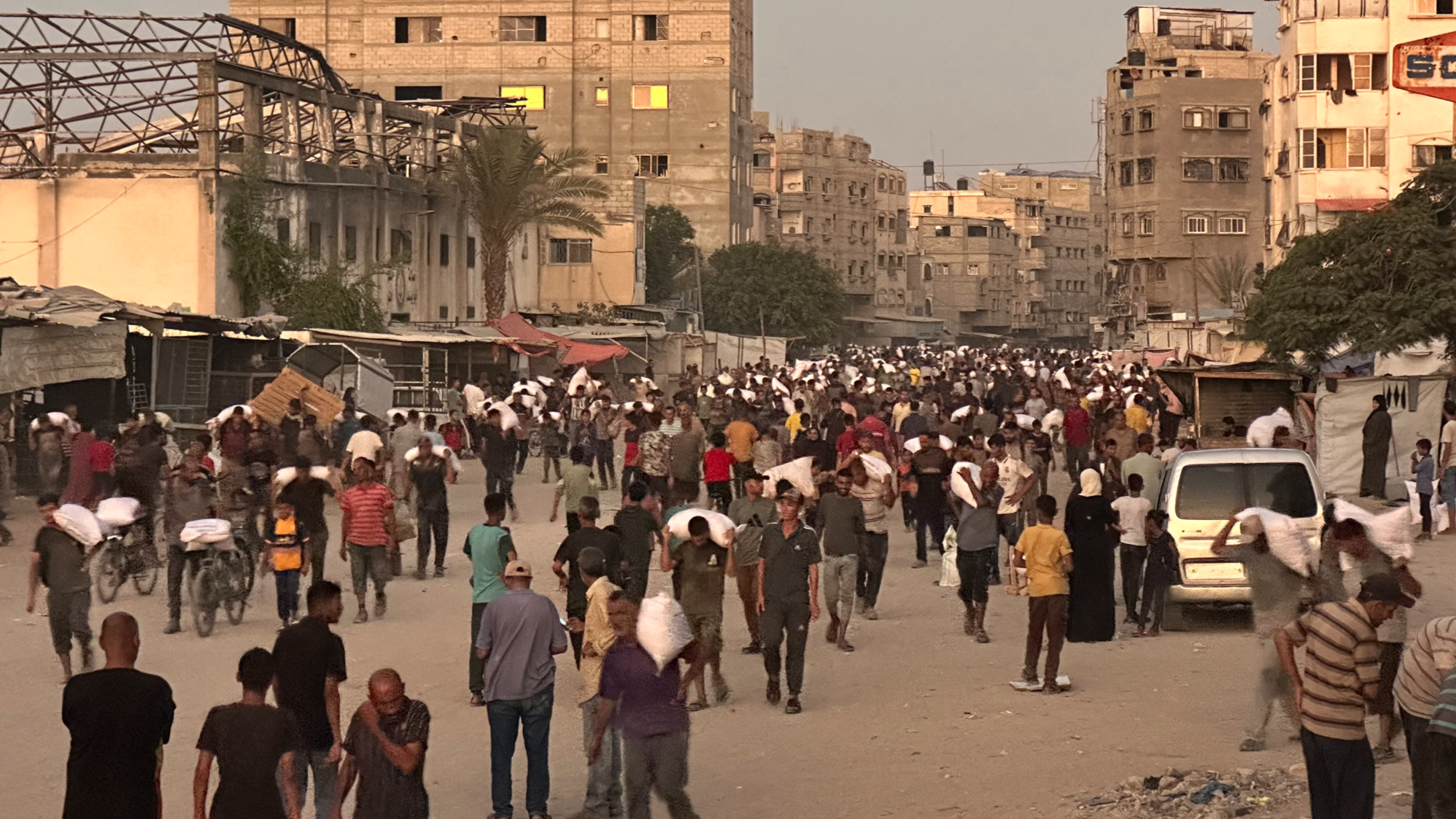
France, UK, Germany call for immediate ceasefire
On Friday, French President Emmanuel Macron, British Prime Minister Keir Starmer, and German Chancellor Friedrich Merz issued a joint declaration urging an immediate ceasefire in Gaza, the unconditional release of all hostages, and the lifting of restrictions on humanitarian aid.
"The time has come to end the war in Gaza," the leaders said in a statement following a tripartite phone call. They emphasized that a negotiated truce is "the best chance to bring the hostages home, end the anguish of their families, and finally bring relief to the civilian population in Gaza."
ALSO READ: UK cabinet pushes PM Starmer over backing of Palestinian state
The statement described the humanitarian catastrophe in Gaza as unacceptable and called for urgent action to meet the population's most basic needs, including access to food and water. "Withholding essential humanitarian assistance to the civilian population is unacceptable," the leaders said, calling on Israel to immediately lift restrictions on the flow of aid and to allow the United Nations and humanitarian NGOs to operate without obstruction.
"Israel must uphold its obligations under international humanitarian law," the statement underlined.
The three leaders also voiced strong opposition to any efforts to impose Israeli sovereignty over the Occupied Palestinian Territories. They warned that threats of annexation, settlement expansion, and acts of settler violence against Palestinians severely undermine the prospects for a negotiated two-state solution.
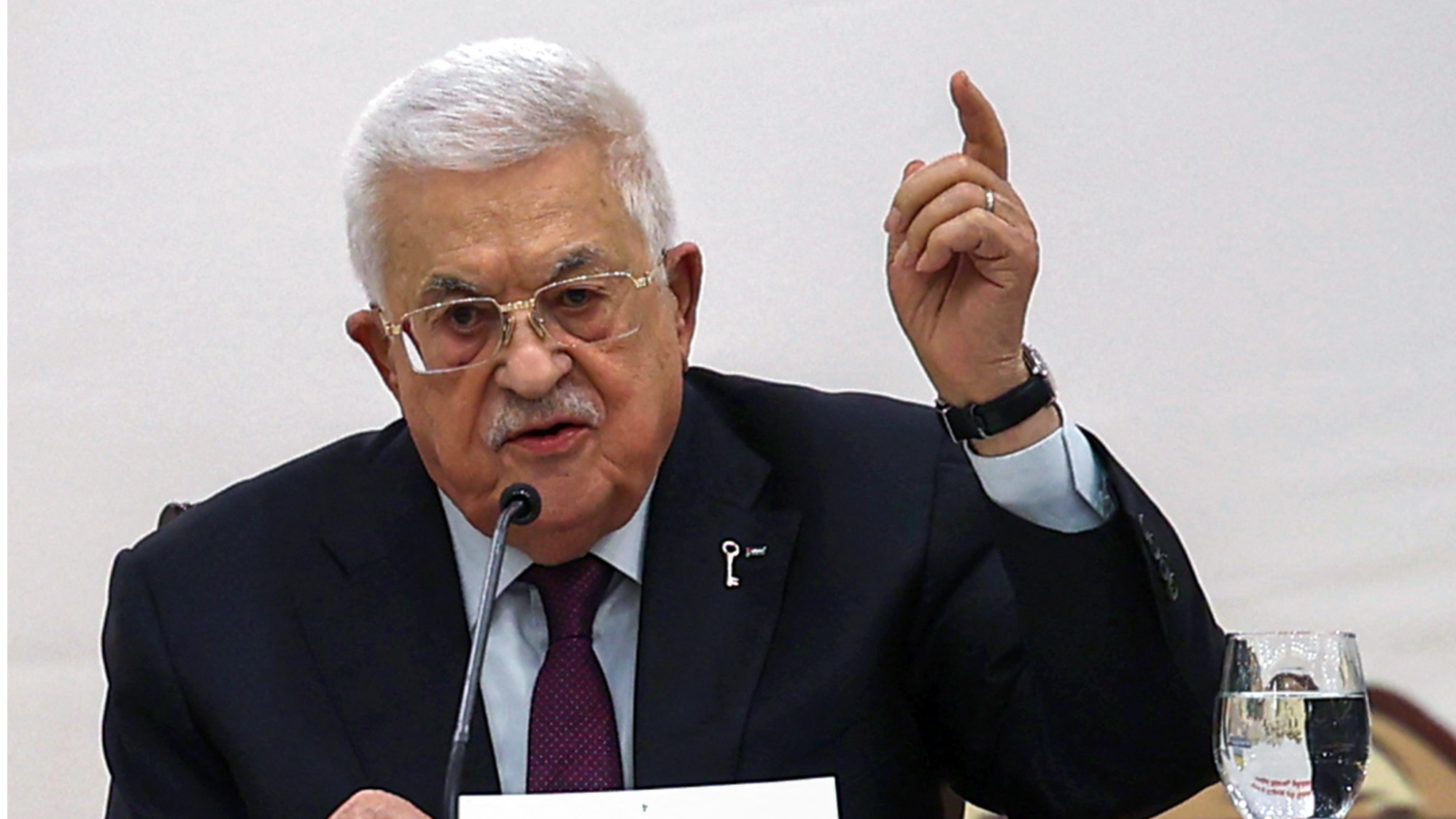
Recognition of Palestinian state
Palestinian President Mahmoud Abbas on Friday welcomed France's announcement to officially recognize the State of Palestine, calling it a "courageous step" that will help promote peace and preserve the two-state solution.
In a statement released by the official Palestinian news agency WAFA, Abbas said the move affirms France's commitment to supporting the legitimate rights of the Palestinian people and upholding international law and United Nations resolutions.
"It is a victory for the Palestinian cause and a reflection of France's historic stance in support of our people and their right to freedom and self-determination," he added.
He also urged European countries that have not yet recognized the State of Palestine to follow France's move, and reiterated the importance of supporting Palestine's full membership in the United Nations.


